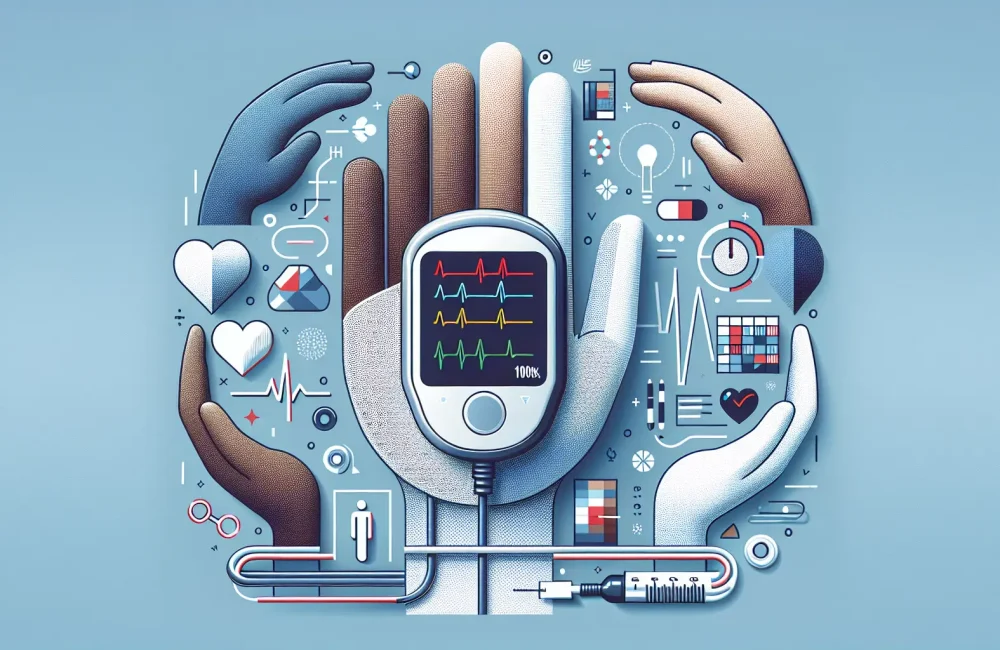By CAFMI AI From JAMA
Rigorous Validation and Monitoring of AI Systems
As artificial intelligence (AI) technologies become increasingly prevalent in clinical care, ensuring their safe implementation is paramount. The article emphasizes the need for rigorous validation frameworks that reflect real-world clinical environments to thoroughly evaluate AI performance before any deployment. This step is crucial because AI models that excel in controlled or experimental settings may not perform reliably in the dynamic and varied conditions of everyday healthcare. Validation should mimic the complexity and variability clinicians face, including diverse patient populations and real-time data inputs. Beyond initial testing, continuous post-deployment monitoring is necessary to detect emerging errors, biases, or failures promptly. This surveillance allows healthcare providers to mitigate risks quickly, maintaining patient safety and care quality. Such real-world performance monitoring is vital because AI systems may degrade over time or under new conditions, and unforeseen vulnerabilities can arise. The article highlights this as a foundational recommendation to build trust in AI applications among clinicians and patients alike.
Interdisciplinary Collaboration and Transparency
Another key recommendation is fostering robust interdisciplinary collaboration among clinicians, AI developers, regulators, and patients. Effective communication and shared understanding between these groups help ensure AI systems are designed and used safely and ethically. Clinicians provide essential insights into clinical workflows and patient care needs, while developers contribute technical expertise. Regulators play a critical role in enforcing safety standards and compliance, and patients offer perspectives on privacy and informed consent. Transparency in AI operations, particularly regarding algorithmic decision-making processes, is also critical. The article stresses explainability, ensuring that clinicians can interpret and validate AI recommendations to make informed decisions. Explainable AI helps avoid blind reliance on computational outputs and supports clinicians in identifying inappropriate or unsafe suggestions. This transparency promotes confidence in AI tools and facilitates the integration of AI into clinical decision-making as an augmentative resource rather than a black-box system.
Ethical AI Integration and Ongoing Research Needs
Integrating AI safety protocols within existing clinical governance structures is fundamental to maintaining oversight and accountability. This integration supports seamless governance by embedding AI-specific safety considerations into already established quality and safety processes in healthcare organizations. Additionally, patient data privacy and informed consent emerge as ethical cornerstones in adopting AI technologies. The article underscores the necessity of protecting sensitive patient information and ensuring patients are aware of AI’s role in their care. Ethical AI use demands addressing biases in algorithms, which can perpetuate health disparities if uncorrected. Hence, ongoing research is crucial to improve system robustness, reduce bias, and adapt regulatory policies to keep pace with rapid technological advances. The article calls for continued multidisciplinary investigations to refine the safety and effectiveness of AI tools so they can reliably enhance patient outcomes. Clinicians are encouraged to participate in these research efforts and remain vigilant to new developments to optimally integrate AI into clinical workflows.
Read The Original Publication Here






